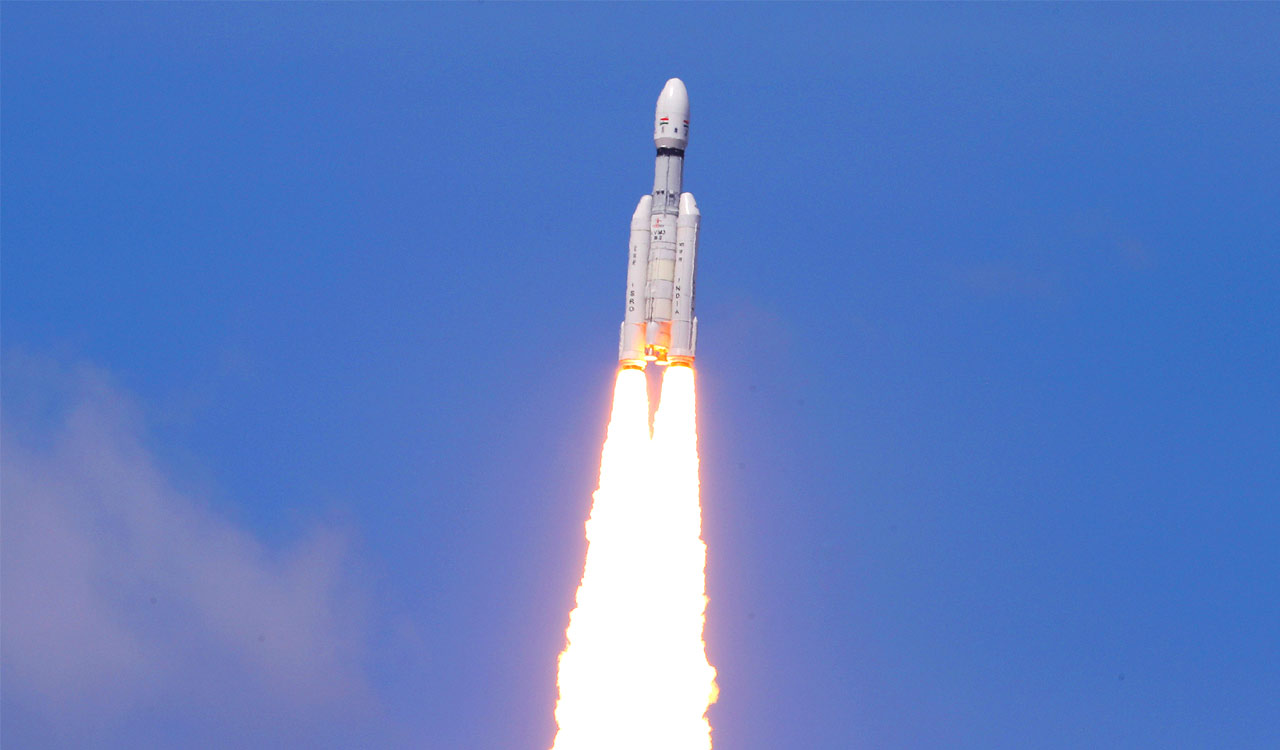Cabinet nod to liberalise FDI policy in the space sector gives regulatory clarity for foreign investments
Published Date – 27 February 2024, 11:59 PM

Reforms in the space sector, which has huge potential for growth, are long pending. The union cabinet’s recent approval to liberalise the foreign direct investment (FDI) policy in the booming sector is a welcome development. According to the new policy, up to 100% investments would be allowed through the automatic route, without the need for government approval, in the manufacturing of satellite components and systems. In satellite manufacturing and operational activities, up to 74% FDI will be allowed while 49% is the limit set for launch vehicles and spaceports. The liberalised entry routes under the amended policy are aimed at attracting potential investors to invest in Indian companies in space. This gives a much-needed regulatory clarity for foreign investments in all domains and investments are expected to flow in from the United States, Europe, the Middle East and Southeast Asia. The liberalised rules for the space sector, long controlled by the government, are also expected to draw interest from Elon Musk’s SpaceX and Jeff Bezos’ Blue Origin, among others. The FDI policy reform will boost employment and allow companies to set up manufacturing facilities in the country. Thanks to several successful missions, including Chandrayaan, India is now among the leading global players in the space sector. In the commercial satellite launch area, it has a credible record and is among the sought-after destinations. However, India currently accounts for just 2% of the global space economy and is aiming for a five-fold increase in its share of the global launch market, worth $47.3 billion by 2032.
The latest amendments will be a big boost for the aerospace sector as entry restrictions for foreign investment are relaxed. At present, Indian space and defence agencies have modest budgets and are unable to award mega contracts to the private sector, unlike in developed space economies like the US. For example, a company like SpaceX is sustained by multi-billion dollar contracts from NASA and the American Defence Department. Besides, the investment bandwidth of Indian venture capitalists is also limited. The Indian Space Policy of 2023 aims to develop a flourishing commercial presence in space, use space as a driver of technology development, pursue international relations and create an ecosystem for effective implementation of space applications among all stakeholders. The private space sector in the country has seen a boom in growth after the establishment of the Indian National Space Promotion and Authorisation Centre (IN-SPACe), an autonomous, single-window agency of the Department of Space, in 2020. This has acted as an effective and independent agency for knowledge transfer and resource support from ISRO for smaller private companies. Currently, India’s space industry contributes nearly $7 billion to the GDP and employs over one lakh skilled professionals across various disciplines. With the implementation of liberalised FDI policies, the contribution to the GDP is likely to touch $50 billion by 2030.




